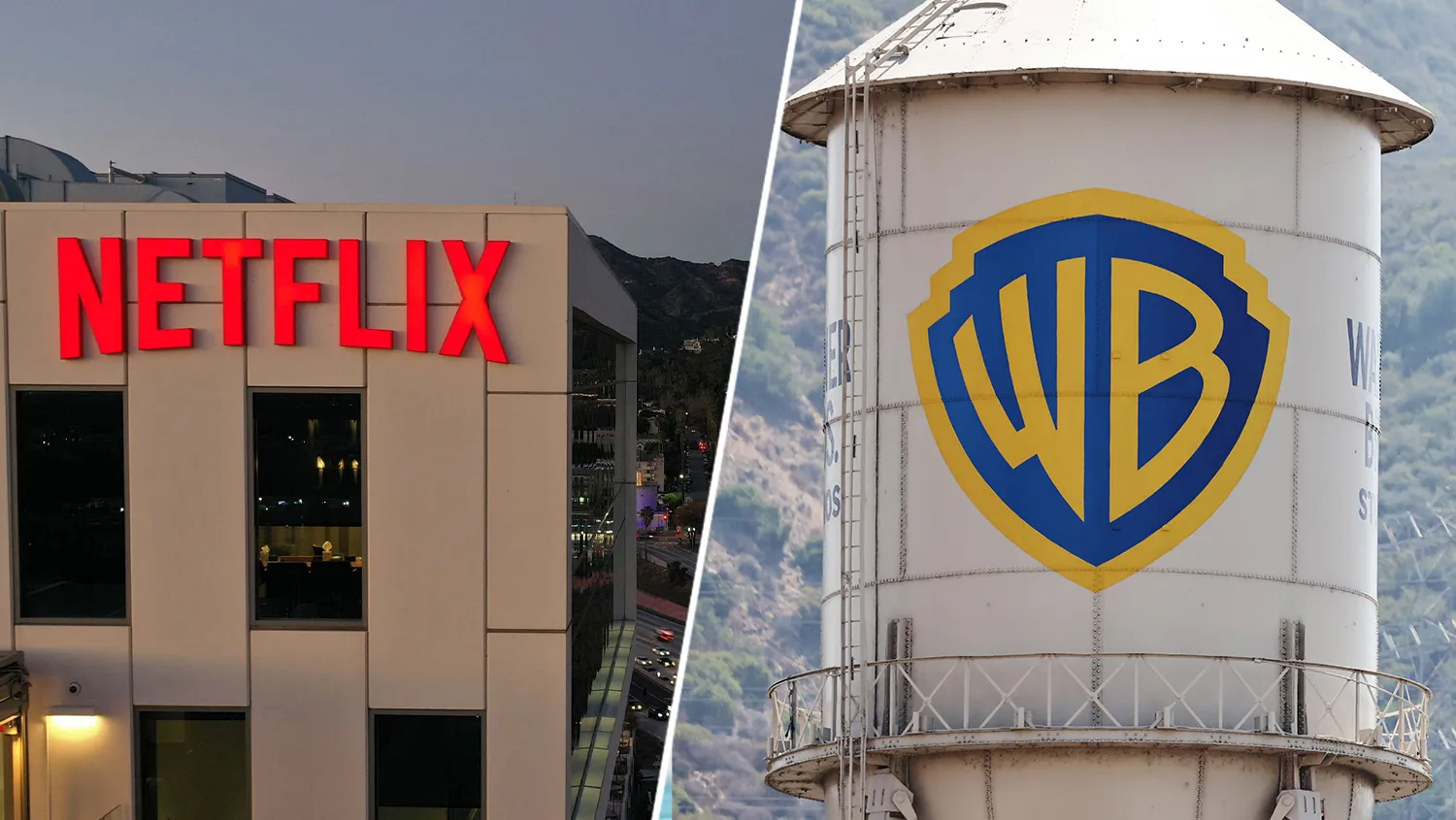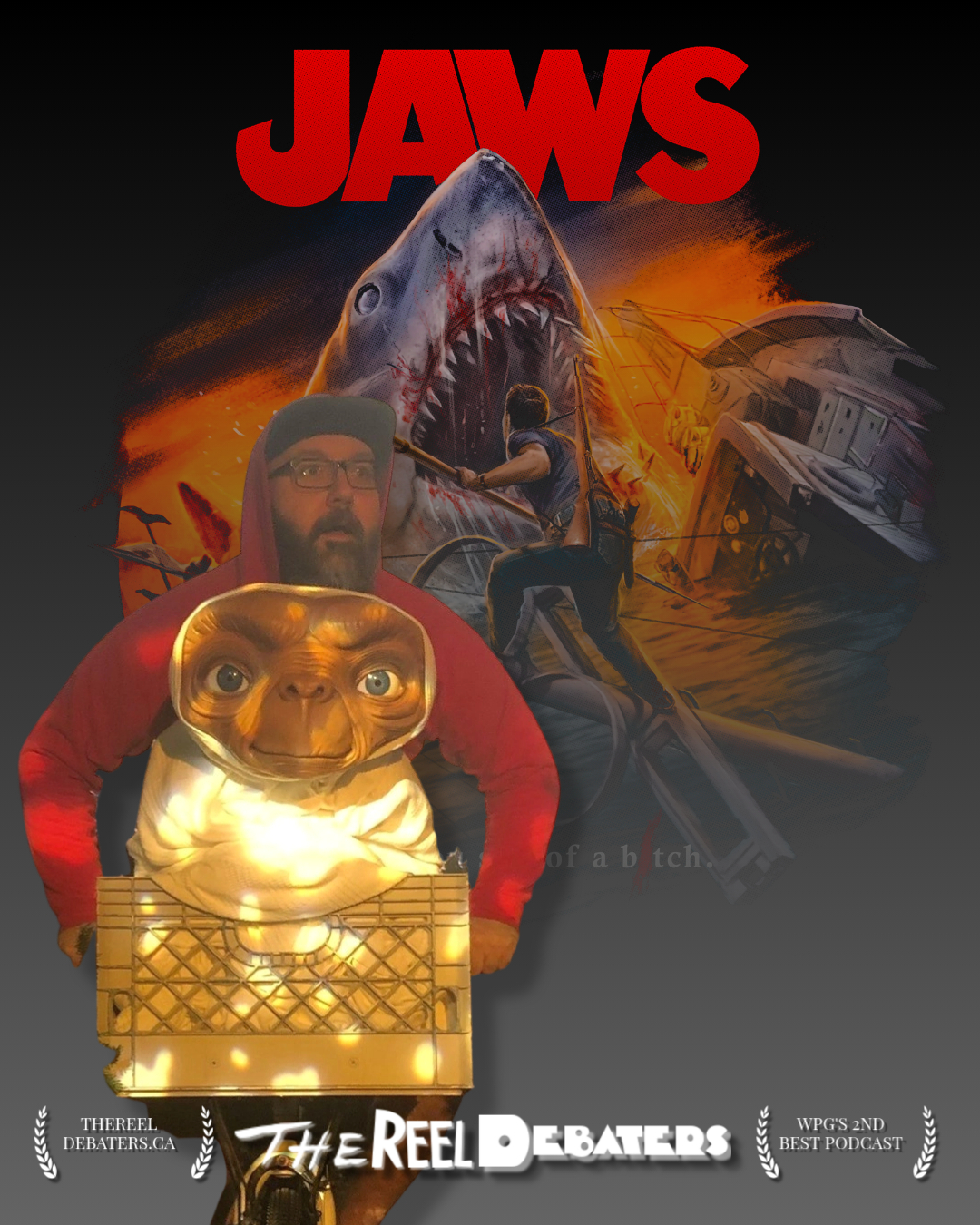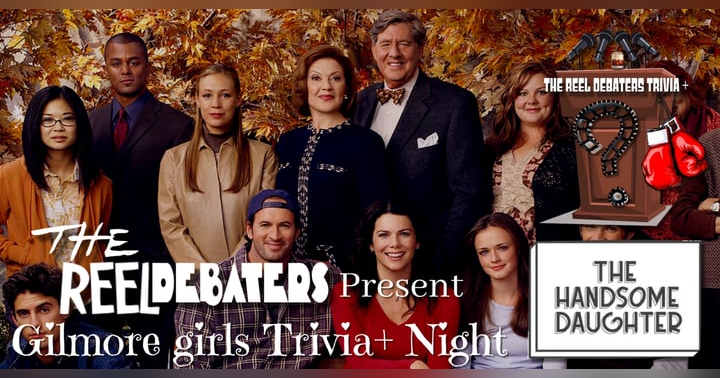
What Happens If Netflix Buys Warner Bros. Discovery
If the rumors are true — that Netflix is seriously eyeing a buyout of Warner Bros. Discovery, then Hollywood might be on the verge of the most dangerous merger since Disney swallowed Fox.
Let’s not sugarcoat it: this move could bulldoze the industry we love, flatten creative diversity, and drag movie culture into a streaming monopoly hellscape.
If this deal goes through, the movie industry as we know it is in deep, cinematic peril.
1. One Ring to Rule Them All — and in the Darkness, Bind Them
Netflix has always wanted to be everything: studio, distributor, and cultural tastemaker. By snapping up Warner Bros., it wouldn’t just join the Hollywood elite — it would own the table.
And when one player owns the table, the game dies.
We saw it with Disney’s Fox acquisition: fewer releases, safer projects, endless franchise recycling. If Netflix controls Warner’s production slate, say goodbye to the mid-budget original film — the weird, risky, beautiful stuff that doesn’t fit an algorithm.
Independent filmmakers? They’ll have one less door to knock on. One less buyer. One less shot.
That’s not competition — that’s creative suffocation.
2. The Death of Theatrical — and the Rise of the Couch Potato Empire
Warner Bros. has been one of the last big defenders of theatrical releases. From Dune to Barbie, they still believed in the big screen as an event.
Netflix? Not so much.
If this merger happens, expect fewer premieres, shorter theatrical runs, and more movies quietly dumped online on a random Friday. Because nothing says “cinematic event” like a thumbnail on your smart TV, right?
Theaters are already hanging by a thread — this could be the final cut. And once the lights go out in cinemas, they’re not coming back on.
3. Control the IP, Control the World
Think about the Warner Bros. library: Harry Potter, DC Comics, The Matrix, Looney Tunes, The Sopranos, Game of Thrones, Mad Max.
Now imagine all of that locked behind Netflix’s paywall, never streaming anywhere else again.
That’s not convenient. That’s content feudalism.
It’s a consolidation so massive it could make licensing obsolete. Collectors lose access, rival streamers lose leverage, and fans lose the freedom to find what they love where they want.
You don’t own movies anymore — you rent access to them. And when the landlord is Netflix, they can evict you anytime.
4. Artists Become Algorithms
Warner Bros. has always had a legacy of directors’ studios — Kubrick, Nolan, Villeneuve, and Eastwood. Netflix… well, it has metrics.
When one of the last great legacy studios is swallowed by a data-driven content mill, you can kiss “creative risk” goodbye. Art becomes output. Filmmakers become “content partners.”
Scripts are greenlit not because they’re bold, but because they’re bingeable.
This isn’t just bad for directors — it’s a cultural extinction event.
5. The Global Fallout
This isn’t just a Hollywood problem — it’s a global one.
A Netflix-Warner hybrid becomes a juggernaut with an IP arsenal so massive it can outspend, outmarket, and outmuscle every other studio on Earth. Asian cinema, indie distributors, even regional streamers? All crushed under the weight of “efficiency” and “vertical integration.”
The result: a monoculture of safe, globalized sameness. Everything starts to look, sound, and feel like Netflix.
And that’s the real horror show.
6. Even the Titans Can Bleed
Sure, Netflix might see this as a crown jewel. But Warner Bros. Discovery comes with a mountain of debt and a ton of baggage. If the deal collapses under its own weight or if regulators finally grow a spine, it could trigger another streaming implosion.
Studios closing. Projects canned. Thousands of jobs gone.
Hollywood’s last decade has been built on shaky mergers and over-leveraged dreams. This one could finally break it.
Final Cut
So yeah, the Netflix–Warner Bros. deal might look like business as usual to Wall Street. But to anyone who gives a damn about movies — about art, theatres, and storytelling that doesn’t need a data dashboard to exist — this is a full-blown red alert.
If this merger goes through, the future of film becomes one long scroll of algorithm-approved mediocrity.
We’ll debate it on The Reel Debaters, we’ll scream about it into the mic — but unless something changes, Hollywood might finally stream itself to death.


